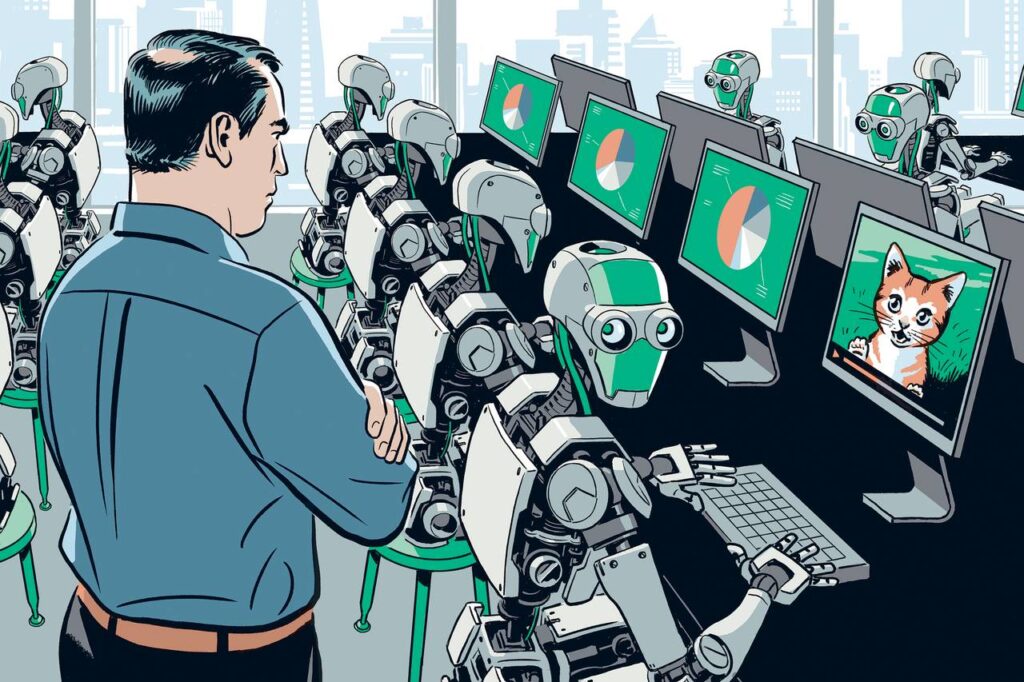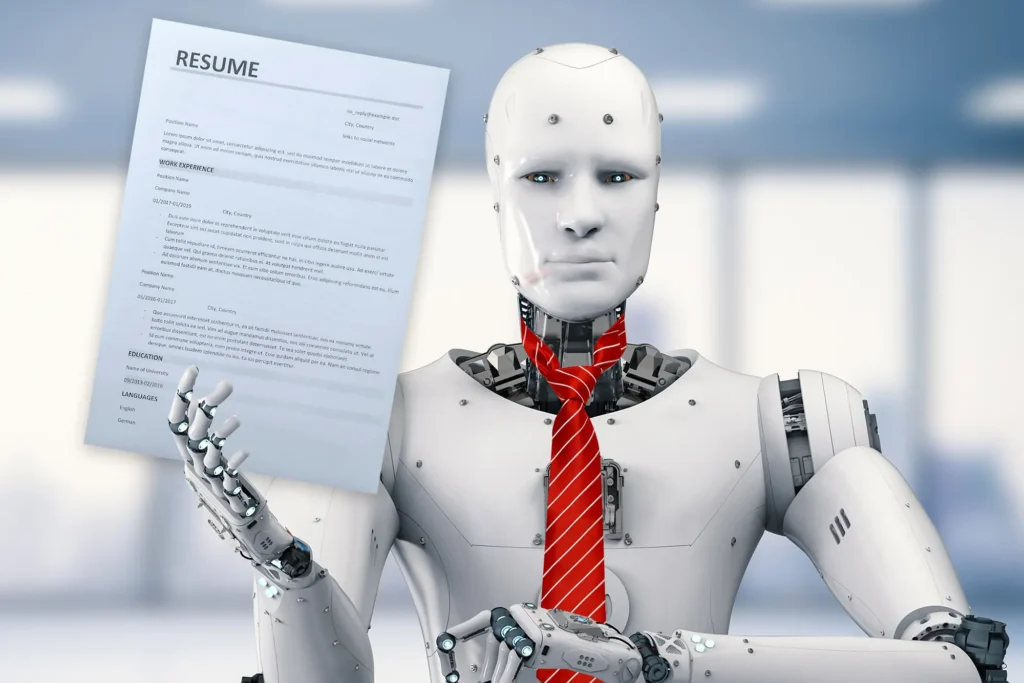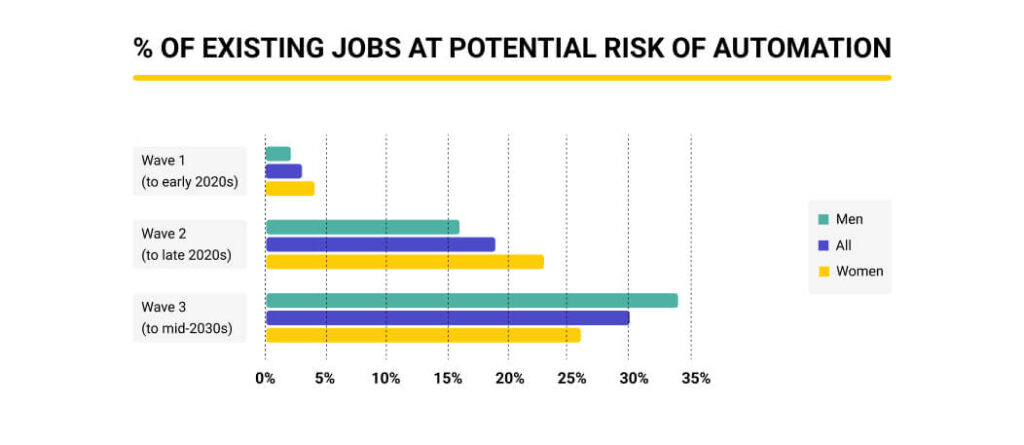A recent survey conducted by market research agency Savanta, on behalf of software development platform Zokri, sheds light on the concerns of office workers regarding the implementation of artificial intelligence (AI) in the workplace. The survey, which included 2,011 participants from the US and UK, took place in April 2023. Findings reveal that half of the surveyed workers feel that their companies are not adequately informing them about the plans for AI integration within their organizations.
Among those workers, over two-thirds expressed expectations of increased AI usage within their companies over the next year. Additionally, 42% expressed concerns about the potential impact of AI on their job security. Furthermore, 39% expressed apprehension that AI implementation may lead to the obsolescence of their entire industry. These findings highlight the significant level of worry and uncertainty among office workers regarding the implications of AI in their professional lives.
Despite the concerns expressed by employees regarding the implementation of AI in the workplace, a significant majority, 69%, believe that a well-defined strategy outlining the usage of AI would generate more positive sentiments and even yield benefits such as improved talent recruitment.
According to Matt Roberts, co-founder of Zokri, many workers are currently experiencing a sense of being left in the dark when it comes to the integration of AI in their work environment. This lack of information and clarity is primarily attributed to inadequate communication from organizational leaders and a lack of a cohesive AI adoption strategy. In an emailed statement to Insider, Roberts emphasized the importance of addressing these issues to foster a more inclusive and informed work culture regarding AI implementation.
Matt Roberts further emphasized the repercussions of the lack of clarity surrounding AI’s impact on employees’ roles. The absence of a clear understanding leaves employees feeling anxious about their job security and uncertain about what the future holds. Consequently, organizations run the risk of alienating their workforce and dampening enthusiasm for AI within the company. This, in turn, can impede the success and effectiveness of AI implementation within the organization.
The launch of OpenAI’s chatbot ChatGPT in November has contributed to the growing excitement and discussions surrounding AI. The capabilities demonstrated by ChatGPT, such as its proficiency in writing, coding, and engaging in intelligent conversations, have heightened concerns among workers about how AI may potentially influence their jobs.
Several companies have already initiated the implementation of AI technology to streamline their operations. In February, the CEO of an energy company adopted AI for responding to customer emails. Currently, the AI system manages to address more than one-third of customer inquiries, which previously required the effort of 250 employees.
Wendy’s, a popular fast-food chain, has also been exploring the use of AI. Their plans include introducing a chatbot to handle drive-thru orders. According to Kevin Vasconi, Wendy’s chief information officer, recent tests conducted at their restaurants have demonstrated that the chatbot performs at a level comparable to their best customer service representatives and in some cases, even surpasses their performance on average.



